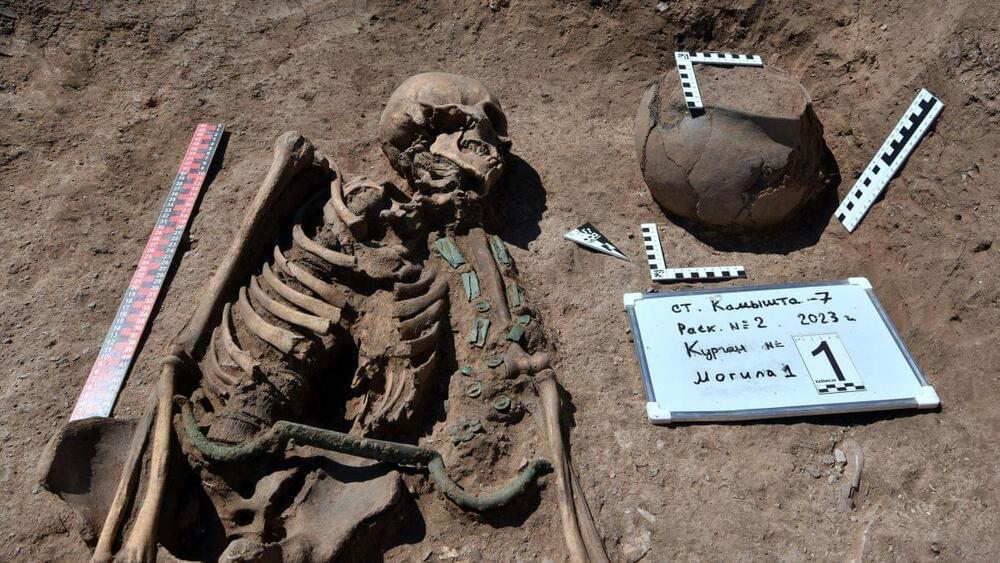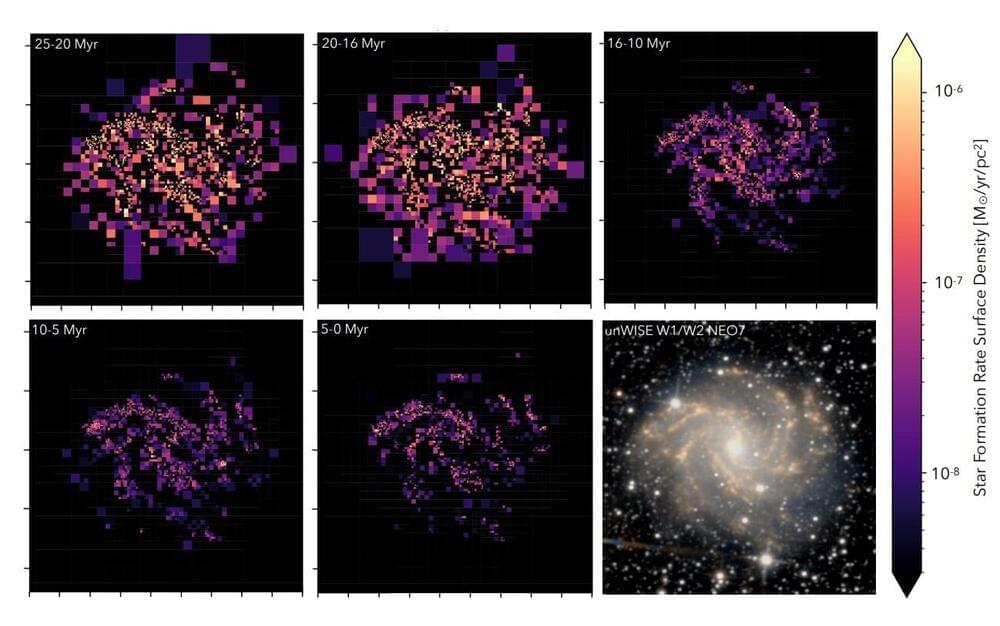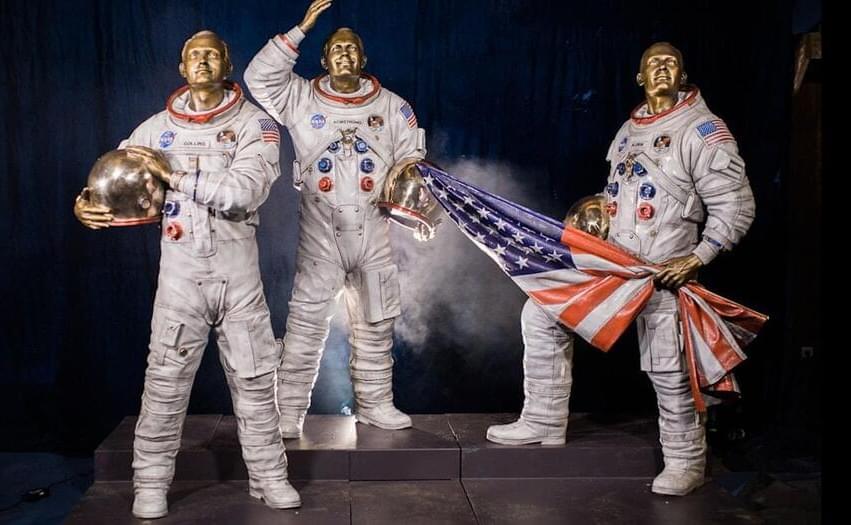K. Miller, Caltech/IPAC
White dwarfs are the burnt-out cores of dead stars that may have once resembled our sun.
K. Miller, Caltech/IPAC
White dwarfs are the burnt-out cores of dead stars that may have once resembled our sun.

This interface can bridge the gap between theory and experiment by allowing researchers to conduct real-time quantum-in-the-loop experiments.
Power grid equipment can now be interfaced with quantum computers! Power grids.
But, quantum computers offer hope as they can handle a large number of computations in a short amount of time. Quantum computing research is happening at light speed, and there is a potential for their use to optimize power grids.
NREL
Power grids are becoming increasingly complex as the number of ways to supply and generate energy expands. This makes classical computers overwhelmed and unable to handle the computational needs of power systems.



The prime contractor for the memorial was Morrison Monuments which has experience creating large-scale civic memorials of various shapes and sizes. Based out of Bellbrook, Ohio, Morrison Monuments was responsible for producing the four individual aircraft obelisks with wording and graphics, the center dedication obelisk, the concrete pad on which the memorial stands, the aircraft models and poles, and installing the memorial at the NMUSAF. A subcontractor, Spradlin Brothers of Springfield, Ohio, made the aircraft models.
In total, the project cost The Pioneers of Stealth $254,350, which the group was able to raise via internal fundraising. $234,850 of that total went towards the Morrison Monuments contract, while the remaining $19,500 has been paid to the Air Force Museum Foundation for “perpetual care” of the monument.
Plans for the memorial have been several years in the making. Back in early 2021, The Pioneers of Stealth initiated the ‘concept exploration’ phase for the memorial — during which members’ design concepts and inscription ideas were submitted for review by a special memorial committee. While the location for the memorial was already agreed upon, the design, graphics, and aircraft models to feature still needed to be narrowed down. The deadline for the first round of members’ entries was July 4, 2021.

The University of Alabama in Huntsville (UAH) has announced that three researchers associated with the UAH Center for Space Plasma and Aeronomic Research (CSPAR) have discovered a gamma-ray burst (GRB) approximately 2.4 billion light-years away in the constellation Sagitta that ranks as the brightest ever observed. Believed to have been triggered by collapse of a massive star, it is accompanied by a supernova explosion, giving birth to a black hole.
Dr. Peter Veres, an assistant professor with CSPAR, Dr. Michael S. Briggs, CSPAR principal research scientist and assistant director, and Stephen Lesage, a UAH graduate research assistant, collaborated on the discovery and analysis of the gamma-ray burst. The researchers operate the Gamma-ray Burst Monitor (GBM) at UAH, a part of the University of Alabama System.
The GBM is an instrument in low-Earth orbit aboard the Fermi Gamma-ray Space Telescope that can see the entire gamma-ray sky not blocked by the Earth and hunts for GRBs as part of its main program.

Astronomers from the University of Washington in Seattle and elsewhere have conducted Hubble Space Telescope (HST) observations of the nearby Fireworks Galaxy. Results of the observational campaign, presented July 10 on the preprint server arXiv, yield crucial insights into the recent star formation history of this galaxy.
Discovered in 1,798, the Fireworks Galaxy (also known as NGC 6946) is a nearby face-on star forming spiral galaxy located some 25.5 million light years away. The galaxy has a size of 87,300 light years and its name was coined due to an unusually large number of supernovae observed in it—about ten times more than in the Milky Way.
Although many studies of the Fireworks Galaxy have been conducted to date, its star formation rate (SFR) is not well constrained, estimated to be between three and 12 solar masses per year. This discrepancy is mainly due to the diverse methods of measuring star formation rate and the wide range of different distances used.

A team of scientists from Sandia National Laboratories and Texas A&M University has recently witnessed for the first time a stunning phenomenon: pieces of metal cracking, then fusing back together without any human intervention.
If this amazing phenomenon can be harnessed, it could give rise to an engineering revolution in which self-healing bridges, engines, or airplanes could reverse damage caused by wear and tear and thus become safer and longer-lasting.
“This was absolutely stunning to watch first-hand,” said Brad Boyce, a materials scientist at Sandia. “What we have confirmed is that metals have their own intrinsic, natural ability to heal themselves, at least in the case of fatigue damage at the nanoscale.”

